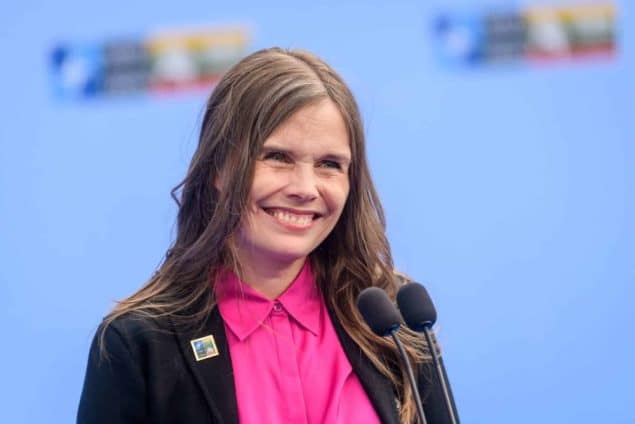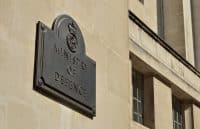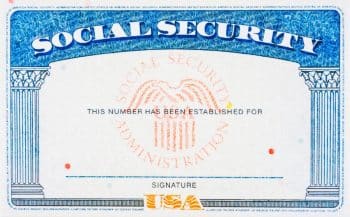Home » World Business & Employment News » Iceland’s PM joins women’s strike over gender pay gap
Iceland’s PM joins women’s strike over gender pay gap
https://www.whatjobs.com/news/world-news/icelands-pm-joins-womens-strike-over-gender-pay-pap

Thousands of women across Iceland, including Prime Minister Katrín Jakobsdóttir, have protested against the country's gender pay gap and gender-based violence.
This nationwide strike is known as "kvennafrí," or women's day off.
It’s having a major impact in fields where women workforce dominate, such as healthcare and education.
Read More: Yoox Net-A-Porter Hit With Christmas Strike Over Pay Row
This marks Iceland's first full-day women's strike since the historic 1975 event.
The women and non-binary people participating in the strike collectively refuse to engage in paid and unpaid work on this day, including household chores.
The strike forced some preschools and primary schools to close while others operated with reduced services.
The walkoff has also affected cultural institutions, with some museums, city libraries, and zoos experiencing disruptions.
Katrín Jakobsdóttir said her government is examining the issue of undervaluation in female-dominated professions compared to traditionally male-dominated fields.
Read More: England’s Rail Strikes Set To Extend For Six Months After Union Vote
This strike, while highlighting Iceland's commitment to gender equality, also draws attention to the persisting gender disparities within the country.
However, the company has been the top-ranked nation for gender equality by the World Economic Forum for 14 consecutive years.
Iceland holds an overall gender equality score of 91.2 percent.
Strike organiser Kristín Ástgeirsdóttir said violence against women remains a problem in Iceland despite high levels of gender equality.
She said: "The theory was that the more gender equality, the less violence.
"That unfortunately does not seem to be the case.
Need Career Advice? Get employment skills advice at all levels of your career
"Violence against women is deeply rooted in our culture."
The strike's historical significance harkens back to 1975 when around 90 percent of Iceland's female workforce went on strike.
The strike prompted Iceland's parliament to pass an equal pay law the following year.
Former Icelandic President Vigdís Finnbogadóttir has described the 1975 strike as "the first step for women's emancipation in Iceland."
She said it was a pivotal moment that paved the way for her to become the first woman democratically elected head of state in the world in 1980.
Follow us on YouTube, Twitter, LinkedIn, and Facebook.














